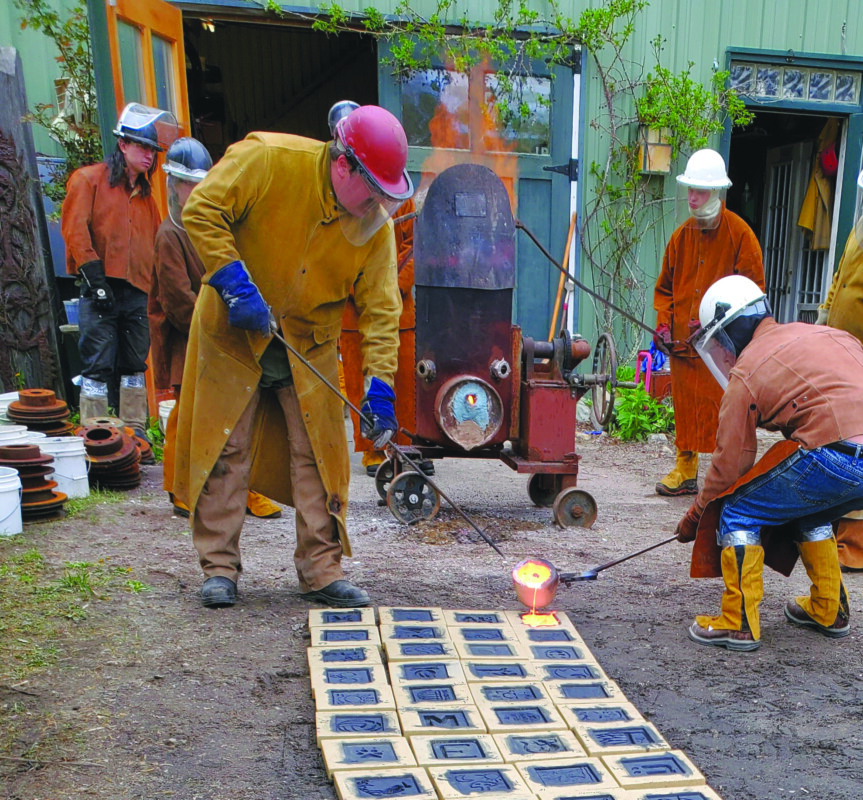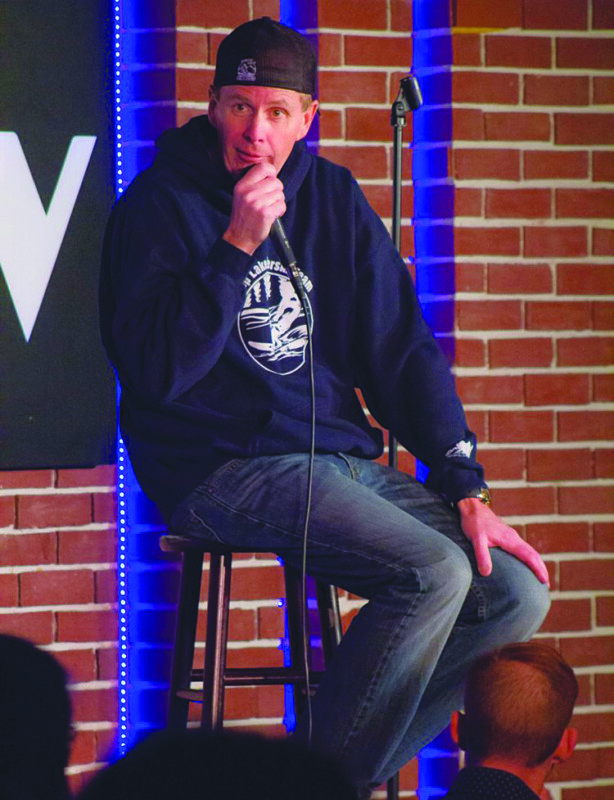Big Events April 14, 2022 and beyond
Thursday, April 14
See Jake Shimabukuro at the Tupelo Music Hall (10 A St. in Derry; tupelomusichall.com) tonight at 8 p.m. Tickets cost $30 to $50. Chelsea Spear talked to Shimabukuro in last week’s issue of the Hippo; find that story and more about ukulele culture in New Hampshire in the story that starts on page 10 of the April 7 issue of the Hippo at hippopress.com. For more concerts this weekend and beyond, find the concert listings in the Nite section.
Thursday, April 14
The New Hampshire Fisher Cats continue their season opening slate of games at Northeast Delta Dental Stadium in downtown Manchester with a game tonight at 6:35 p.m. The Fisher Cats faces off against the Hartford Yard Goats in games through Sunday, April 17. Game times are at 6:35 p.m. daily through Saturday and 1:35 p.m. Sunday. Special events include a magnet schedule giveaway tonight, fireworks and 90s night on Saturday night and kids run the bases on Sunday. See milb.com/new-hampshire for individual or season tickets. The season kicked off on April 8 with games in Portland; April 12 was the first scheduled home game.
Thursday, April 14
Get in the mood for the weekend and help support Girls Inc. of New Hampshire at the Fuel Her Fire Cocktail Party and Auction at the Rex Theatre (23 Amherst St. in Manchester; palacetheatre.org, 668-5588) tonight starting at 6 p.m. A $95 ticket gets you two drinks, food, live music and access to the silent and live auction. See girlsincnewhampshire.org.
Thursday, April 14
A new exhibit of works by artist Arghavan Khosravi, described by the Currier as surrealist paintings, opens today at the Currier Museum of Art (150 Ash St. in Manchester; currier.org). The museum is open from 10 a.m. to 8 p.m.; admission costs $15 for adults, $13 for 65+, $10 for students, $5 for teens, and children under 13 get in free. From 5 to 8 p.m. on Thursdays everybody gets in for free as part of Art After Work, which today also features music by Ramez Gurung.
Saturday, April 16
Assumption Greek Orthodox Church (111 Island Pond Road, Manchester, 623-2045, assumptionnh.org) is holding a walk-in Easter Bake Sale today from 9 a.m. to noon where you can find spinach and cheese petas, Easter bread and Greek cookies and pastries like baklava, kourabiedes, finikia and koulourakia. Look for more ideas for Easter treats and eats — both for takeout and dine in — in our list of Easter eats in last week’s (April 7) issue of the Hippo. The list starts on page 24; find the e-edition of the paper at hippopress.com.
Saturday, April 16
Catch the duo Eyes of Age tonight starting at 6 p.m. at Liquid Therapy (14 Court St. in Nashua; 402-9391, liquidtherapynh.com). Find more live music at area bars and restaurants in our Music This Week listing, which starts on page 36.
Wednesday, April 20
And don’t call me Shirley … catch Airplane! (1980, rated PG, but like a 1980 PG so…) today at the Palace Theatre (80 Hanover St. in Manchester; palacetheatre.org, 668-5588) at 7 p.m. Tickets cost $12 with a portion of the proceeds benefiting the Aviation Museum of New Hampshire.
Save the Date! April 21
Thursday, April 21, is the first day to pick up molds for the Andres Institute of Art’s (106 Brookline Road in Hollis; andresinstitute.org, 673-7441) spring iron melt and membership drive. Register online by Saturday, April 30, at 2 p.m. and pick up molds April 21, April 23, April 28 or April 30. Then drop off the carved molds and iron casts will be ready in early May. The molds cost $40 with discount for members; memberships cost $50 for a single and $75 for a family.
Featured photo. Andres Institute of Art’s Iron Melt. Courtesy photo.





